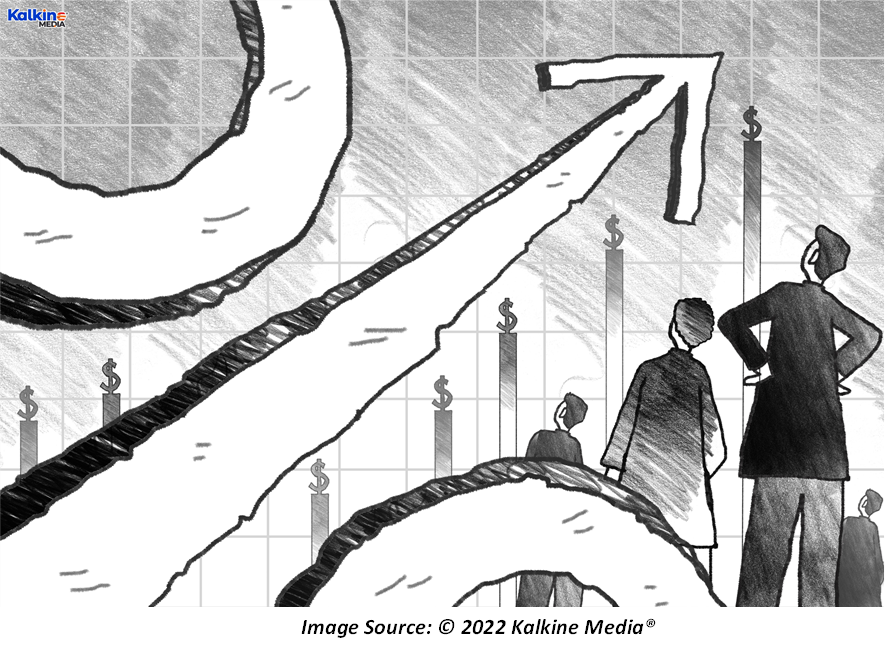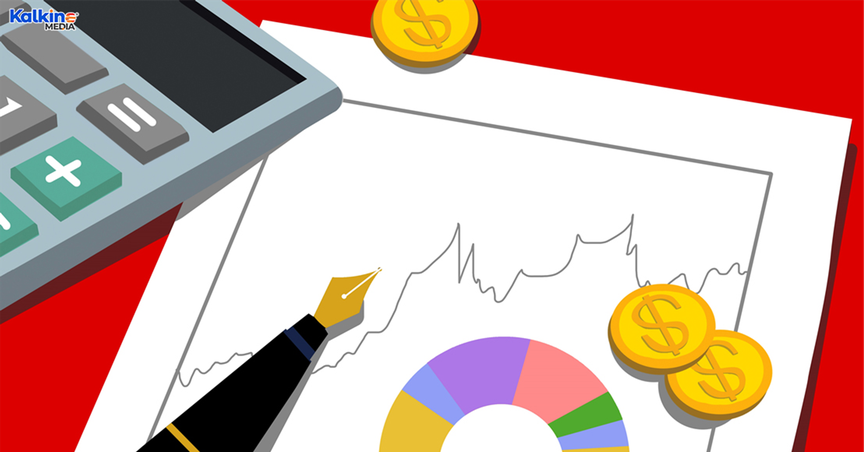Highlights
- Australia’s March quarter inflation data has fueled speculations of an interest rate hike in May.
- Earlier, rising inflation prompted forecasters to bring forward their predictions to June.
- ANZ and NAB have revised their rate hike expectations to May, though some experts are still sticking to the earlier forecast of June.
The latest inflation data revealed by the Australian Bureau of Statistics (ABS) has ignited a series of speculations about an interest rate hike coming as early as May. Previously, major banks had predicted that the Reserve Bank of Australia (RBA) would raise rates in June. However, as inflation surges to a 20-year high, a major shift in this forecast is visible.
Do Not Miss: Three takeaways from Australia's March 2022 quarter inflation data
Annual trimmed mean inflation in the country has accelerated at the fastest pace since 2009, urging a quicker response from the RBA than previously expected. As the May monetary policy meeting is scheduled for the coming Tuesday, many experts believe that the RBA could announce a rate hike sooner than previous forecasts.
The upcoming week would be crucial, not just for policymakers but also for mortgage holders. A lot rides on the RBA’s stance on the cash rate. A sudden uptick in interest rates would surely be a shock to flexible lending conditions currently prevalent in the economy.
ALSO READ: Why IMF expects Australian economy to grow at 4.2% in 2022
Why are interest rates expected to go up in May?
The RBA has delayed the rate hike long enough for the process to turn into a guessing game for the market forecasters. Speculations had largely built around a rate hike by late 2022 or mid-2022. However, with rising inflation becoming a growing concern, these forecasts were first brought ahead to June and now May.
The latest ABS release showed that consumer prices rose 2.1% during the March quarter. The annual rise in consumer prices was the fastest in 20 years at 5.1%, standing above the market expectations. Experts suggest that the war in Ukraine is the main source of a rise in living costs and consumer prices. Moreover, the war has fueled a frenzy across fuel markets, with the oil prices skyrocketing due to low supply.

Following this data, many market pundits believe that a rate hike is imminent to fight the rising cost-of-living pressures. An interest rate hike would inevitably reduce the money supply in the economy, making borrowing more expensive.
An interest rate hike might also dampen the solid demand for commodities and consumer goods, prompting households to curtail their expenses. Declining demand would directly remove some pressure from consumer prices and bring back some level of stability.
New interest rate hike projections
Following the release of CPI data, the three-year government bond yields surged higher to 2.73% and briefly touched 2.78%, the highest level since late 2014. Additionally, the 10-year bond rate gained nine basis points and reached 3.1%. This essentially means that investors are poised for an interest rate hike, and thus, selling the bonds they are holding.
National Australia Bank Limited (ASX:NAB) and Australia and New Zealand Banking Group Ltd (ASX:ANZ) have brought forward their rate hike expectations to May. Previously these banks had predicted a rate hike to occur in June. Economists at the ANZ Bank expect the RBA to raise the cash rate by 15 basis points next week.
Experts have cited inflationary pressures as a reason for such rate hike expectations. Many economists believe that a cash rate of 10 basis points is inconsistent with the latest inflation data. Thus, they have called for a decent rate hike in the upcoming May monetary policy meet.
MUST READ: Is Australia’s fuel supply a ‘national security problem’?
Will the rate hike occur before elections?
There is little evidence in history showing that the RBA has taken the bold move of raising interest rates shortly before the federal elections are due. A rate hike announcement before elections might impact consumer sentiment and consequently affect Aussies’ voting decision.
Based on these expectations, the market seems to be divided on whether a rate hike would occur during these unique circumstances. It is also crucial to look back at the RBA Governor’s statements in the last monetary policy meet. He stated that the central bank wants to examine both inflation and wages data before announcing a rate hike.
Given this statement, it would make more sense for the RBA to go for a June interest rate hike rather than a May one. The central bank has long been advocating for an improvement in wages and has even stated that a rise in wages would make it confident about a cash rate hike.
GOOD READ: Should Aussie renters worry about potential interest rate hikes?



